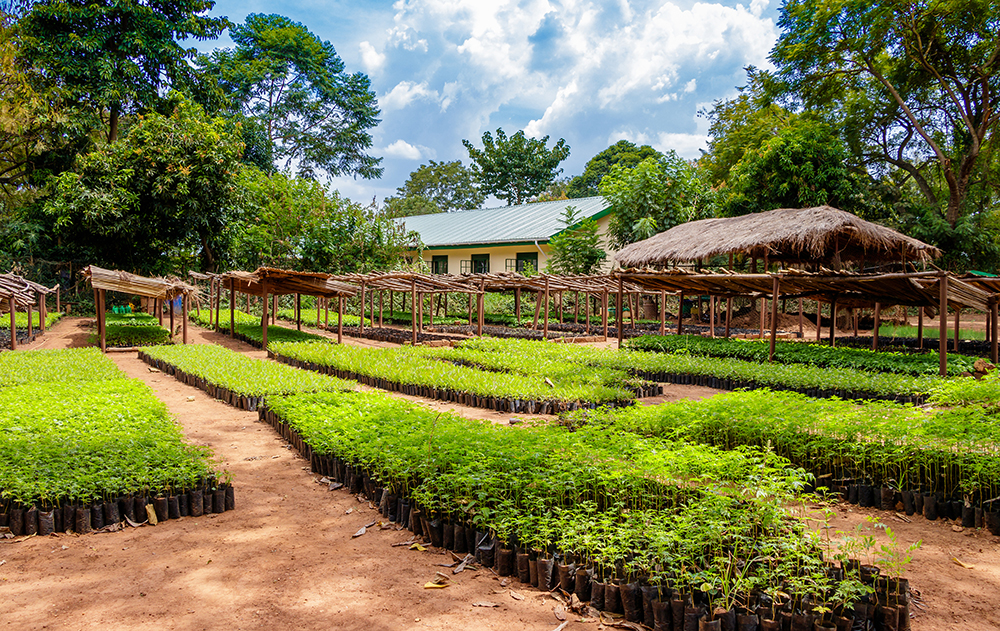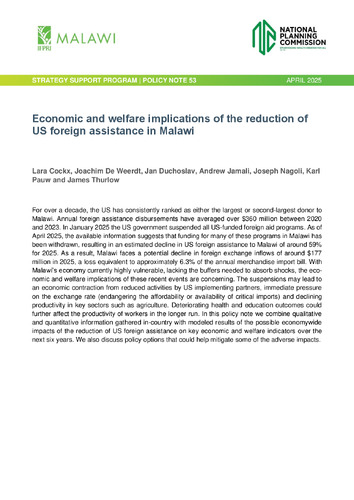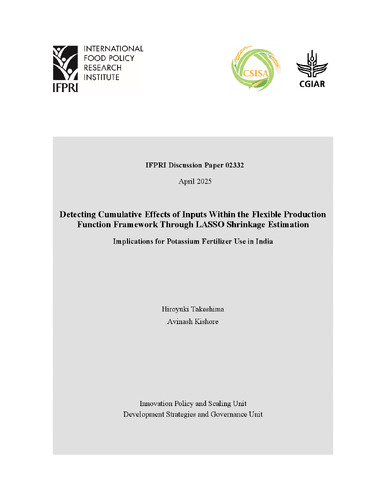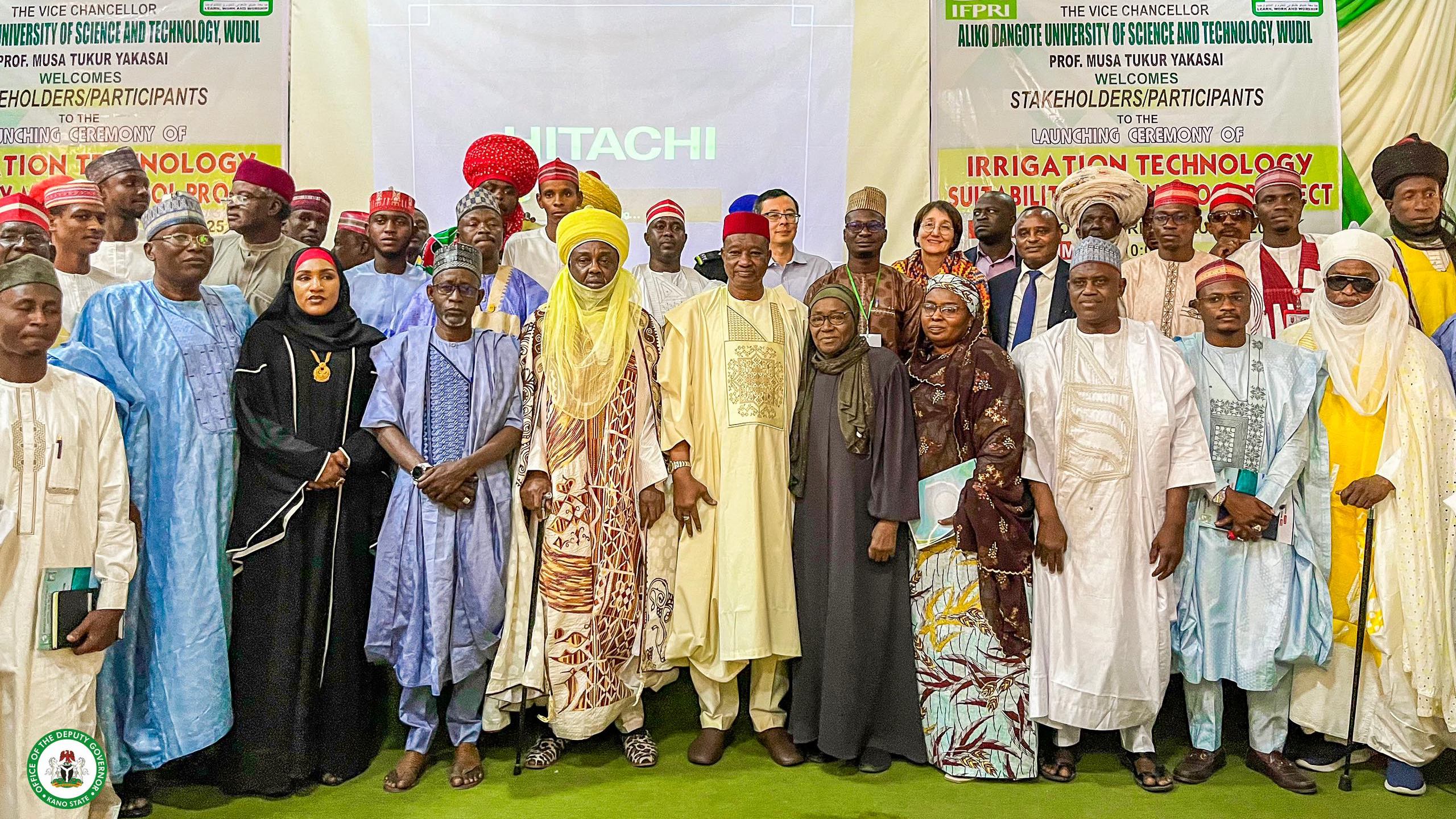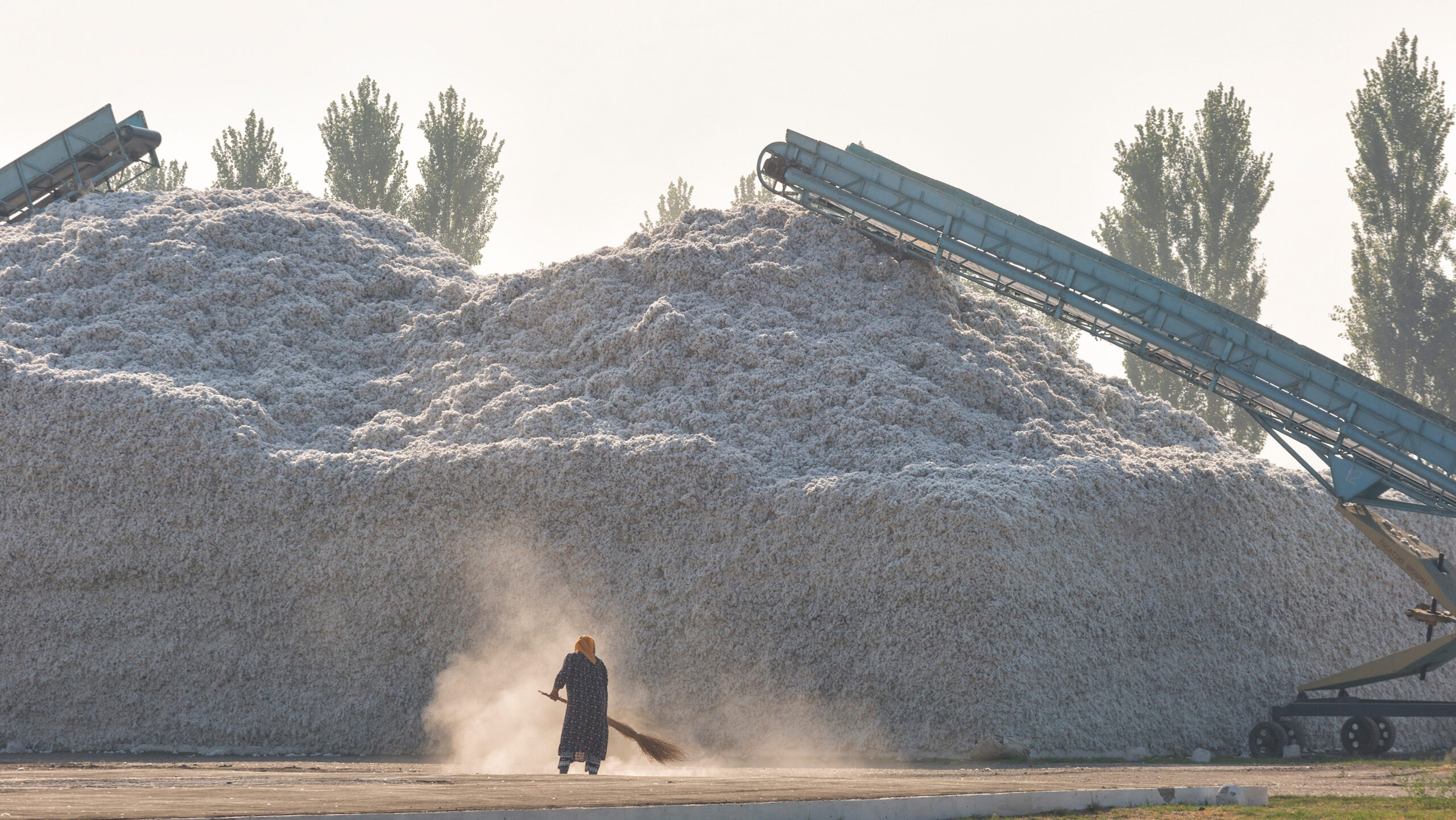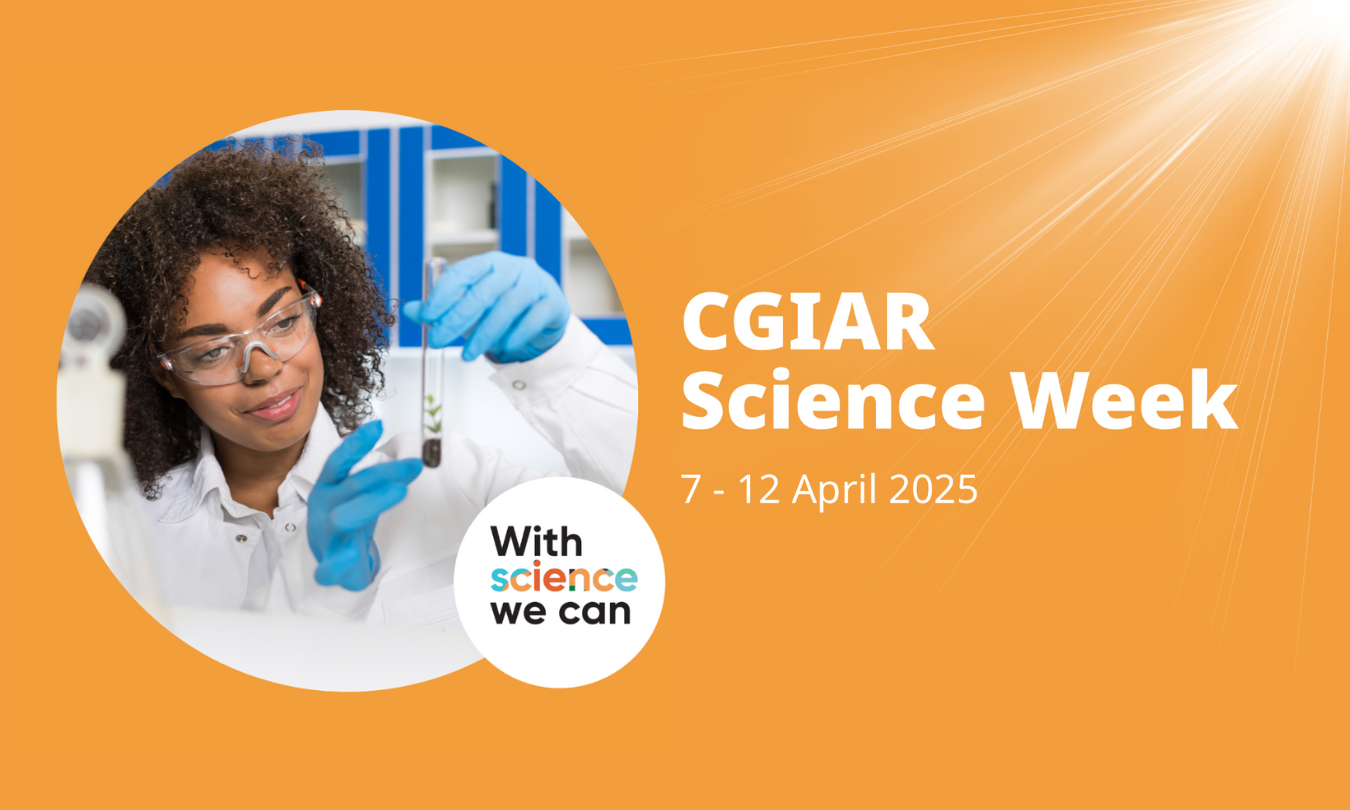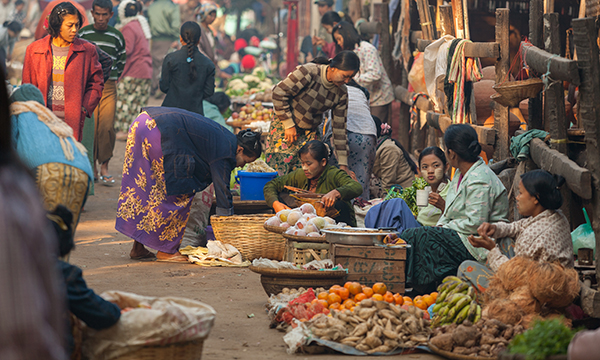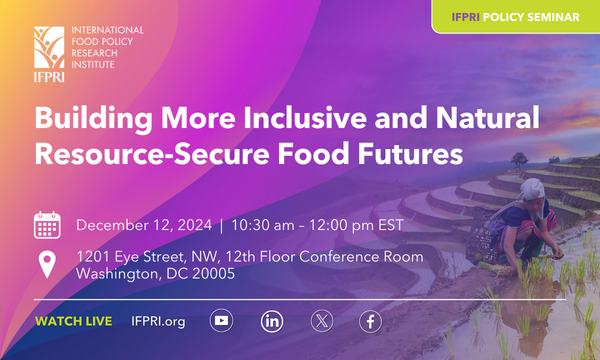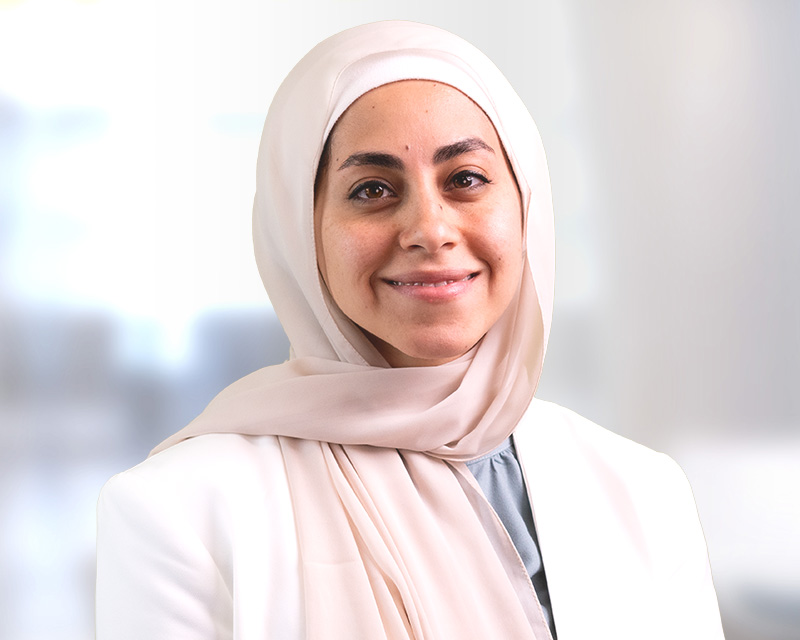Overview
NRR works in four key research areas at the intersection of nature, agriculture, and development to support tangible progress toward more equitable, resilient, and environmentally sustainable food systems that benefit from healthy ecosystems and provide nutrition, better livelihoods, and economic opportunities for all. The Unit works with government agencies, NGOs, and university partners to design and implement policy-relevant research in areas including behavioral change interventions,
participatory institutional analysis, management of complex interactions between agrifood systems and energy, water, and other environmental systems, economics of biodiversity conservation, and digital transformation, including the design of AI systems for food, people, and planet, among other topics. All of the Unit’s work includes a focus on measurable improvements in the resources, agency, and achievements of the world’s poorest farmers—both women and men—in Africa, Asia, and Latin America.
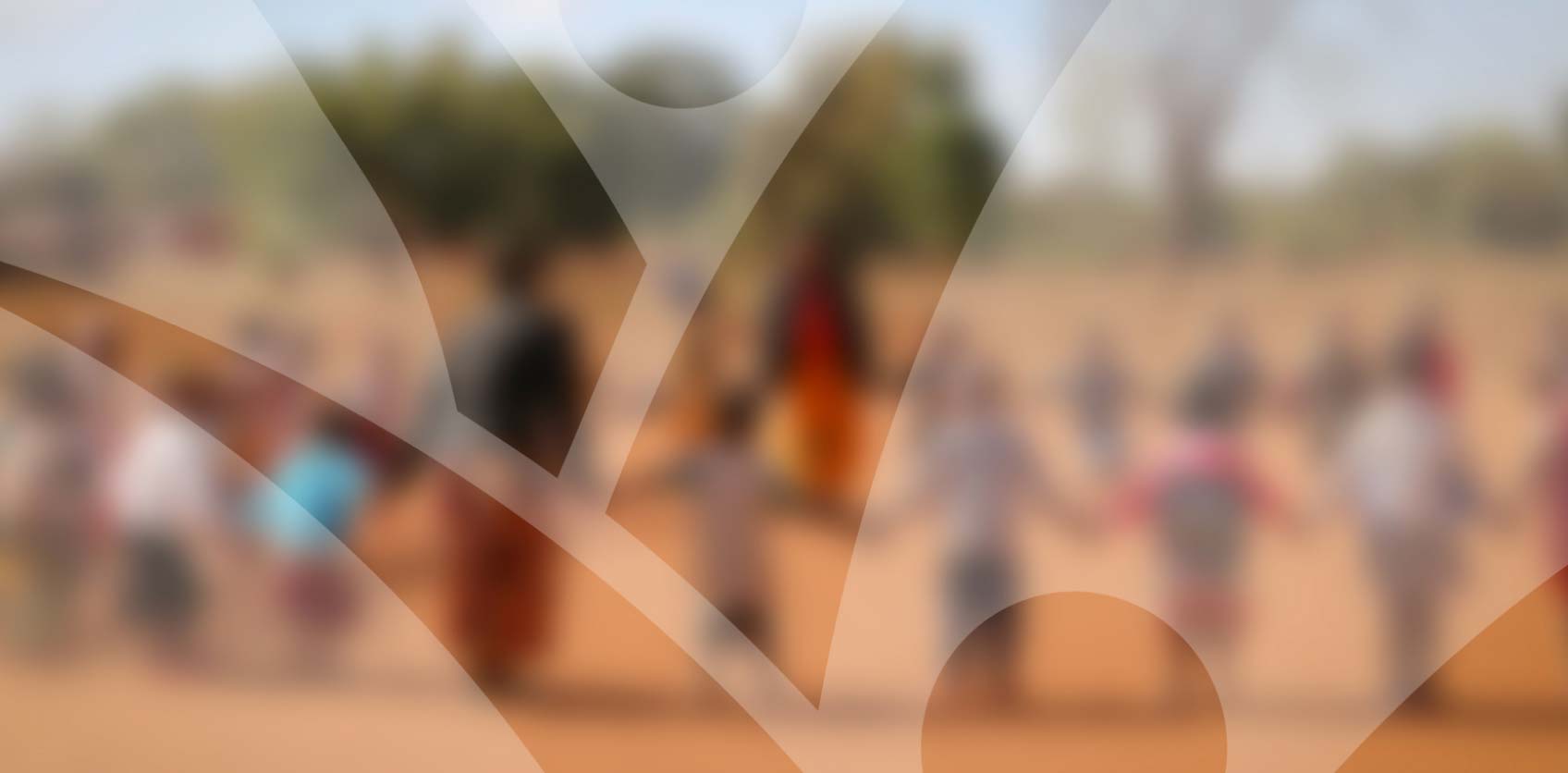
In this video, Claudia Ringler, the Unit director, talks about some of the key research areas NRR is focusing on. These include biodiversity conservation economics, the potential of digital food system innovations, and behavioral change interventions, among other things. This work aims to enhance food security and nutrition, especially in impoverished communities across Africa, Asia, and Latin America.
Areas of Focus
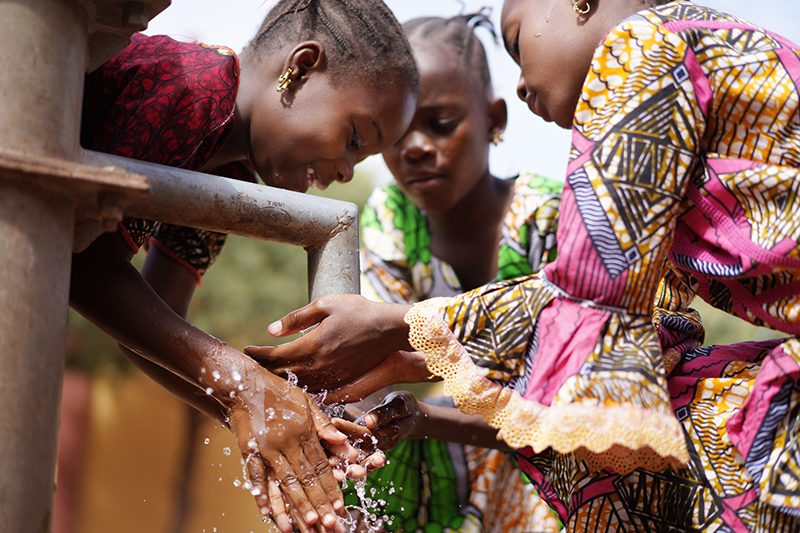
Equitable climate adaptation and mitigation strategies
NRR identifies, tests, and evaluates strategies that strengthen the gender and nutrition intentionality of climate change policies and investments. This work includes development and testing of novel resilience metrics and frameworks, economic-environmental assessments, political economy and governance analysis, and tools such as the Women’s Empowerment in Climate Change Index.
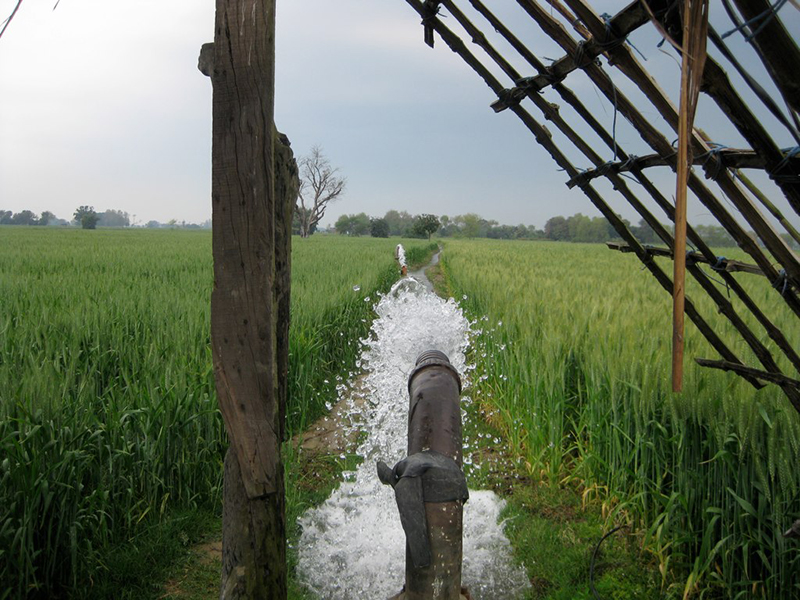
Optimizing water-energy-food systems sustainably
Growing competition and trade-offs across natural resources and food systems affect planetary and human health. NRR conducts economic analyses of technologies, policies, and institutions that reduce environmental degradation and improve resilience and equity. Researchers also evaluate behavioral change strategies at the intersection of natural and human systems.
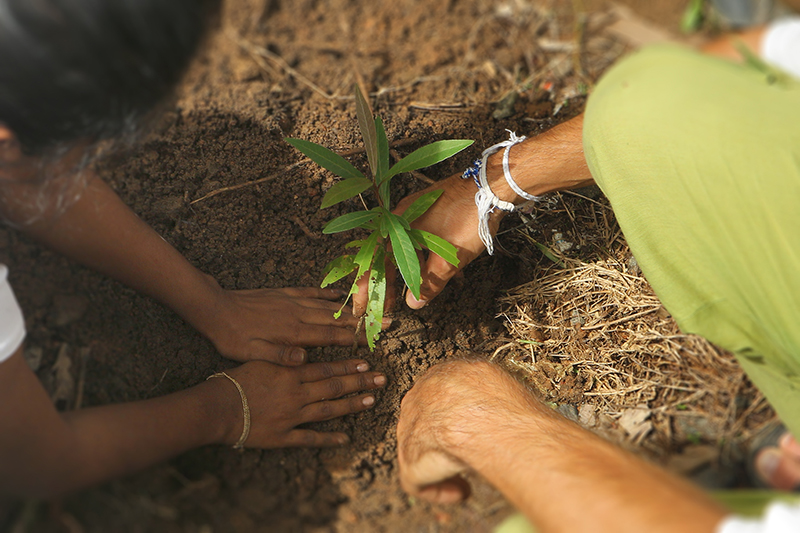
Natural resource governance
Biodiversity loss and water, land, and forest degradation affect agroecosystems and all life on Earth. To inform improved resource governance and decision-making, NRR provides economic valuation of biodiversity and ecosystem services, as well as systems and institutional analyses of natural resource management interventions and governance approaches. NRR uses participatory action research and multistakeholder engagement to help develop inclusive and effective strategies for sustainable natural resource management.
.
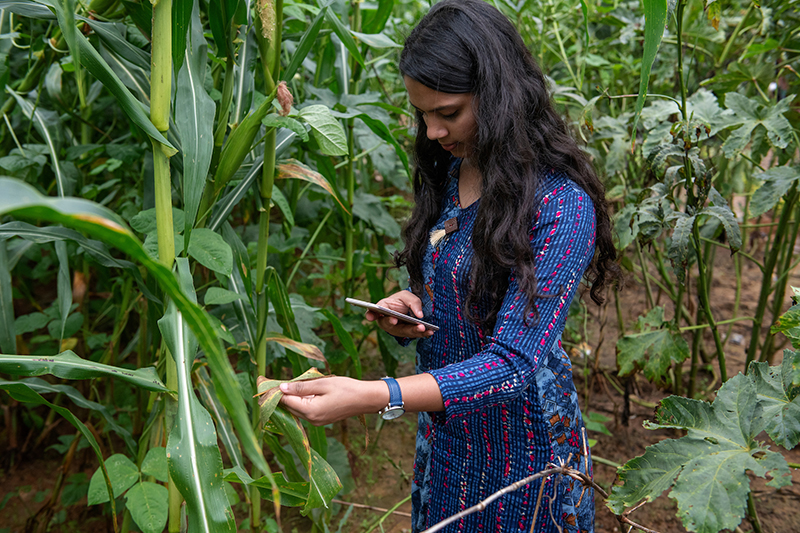
AI for Food, People, and Planet
IFPRI research on AI for Food, People, and Planet brings together researchers and practitioners across CGIAR and its partners to explore how Artificial Intelligence can be designed, governed, and applied responsibly in low- and middle-income countries. The initiative aligns real-world needs with technical expertise to ensure AI contributes meaningfully to research and innovation, supports small-scale producers, and enables just, sustainable transformations of food, land, and water systems.




